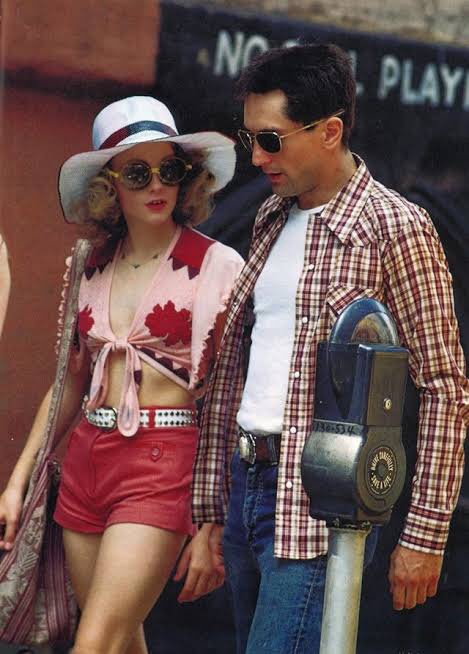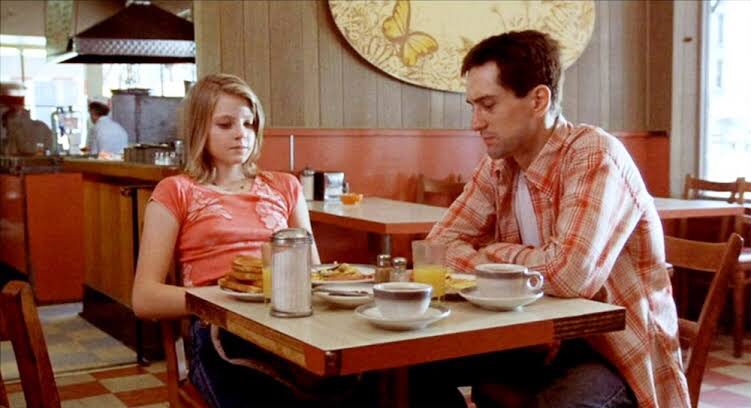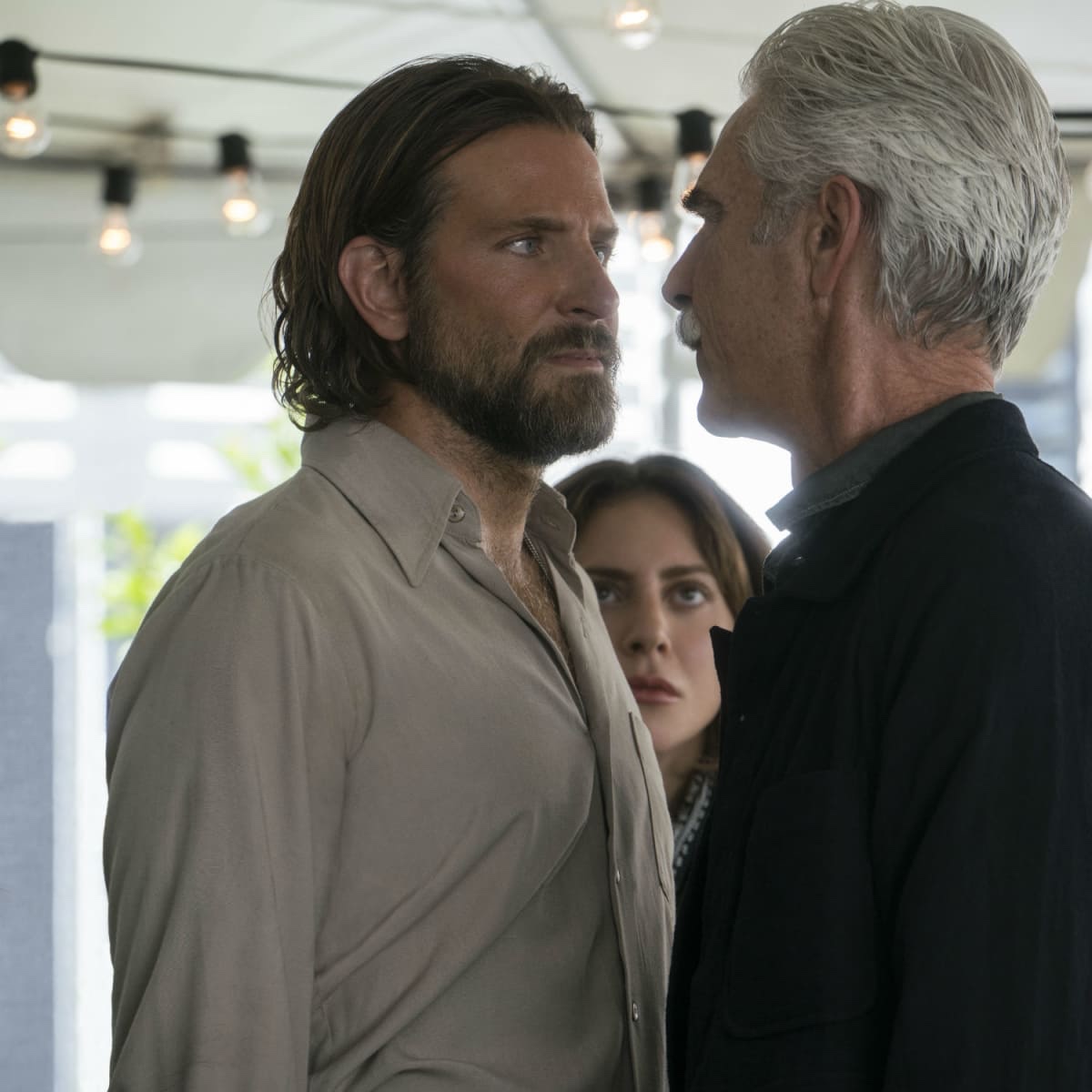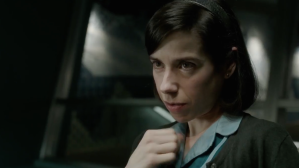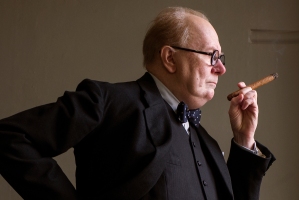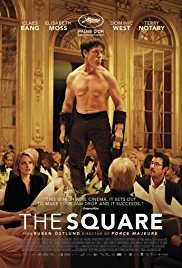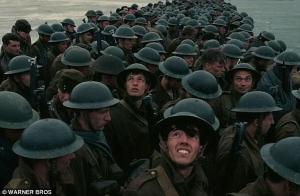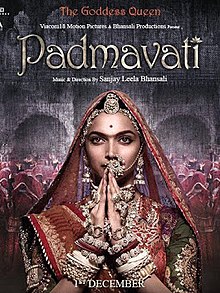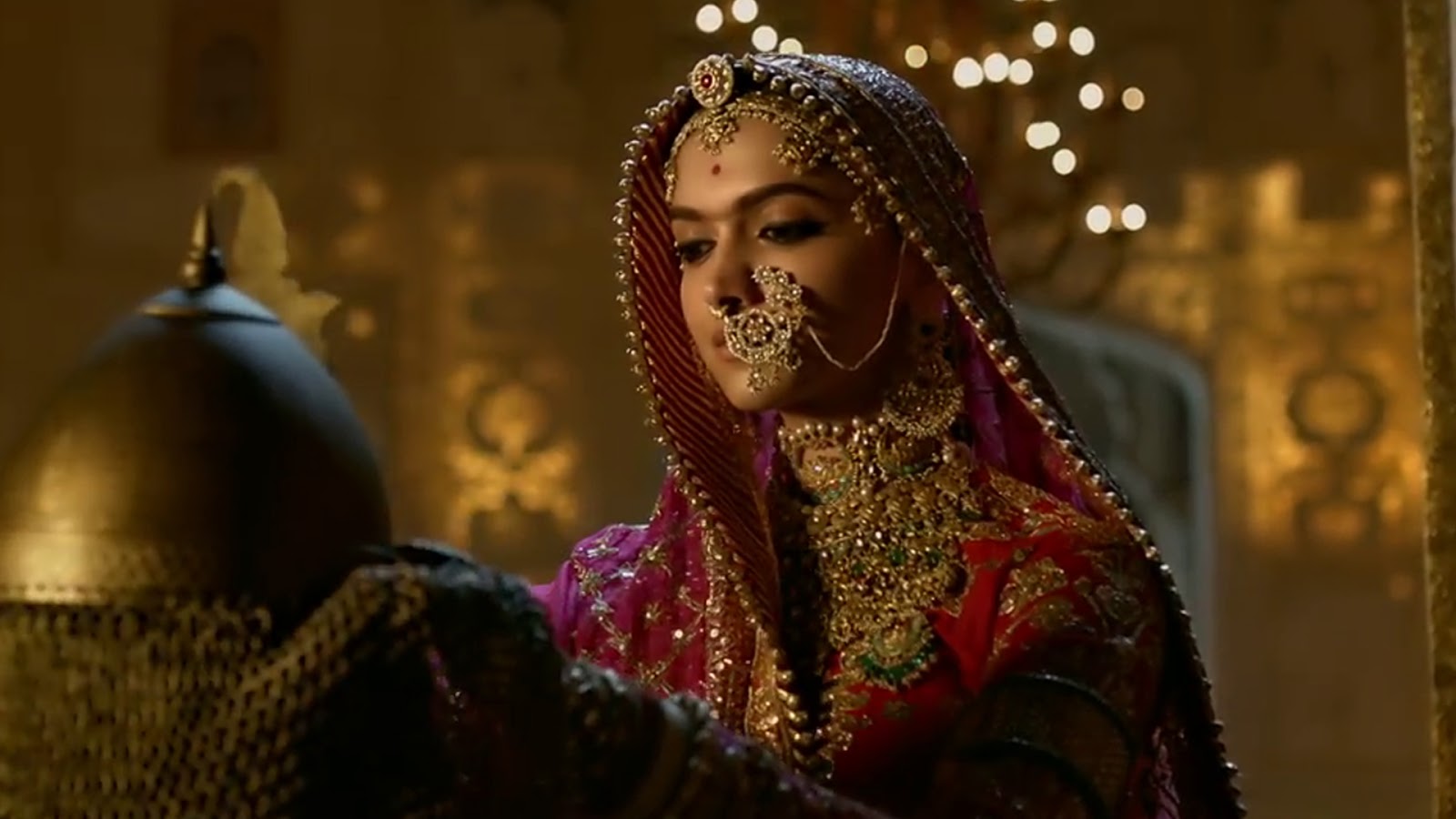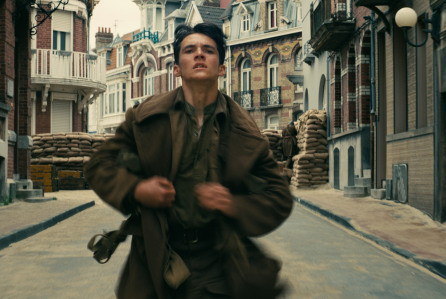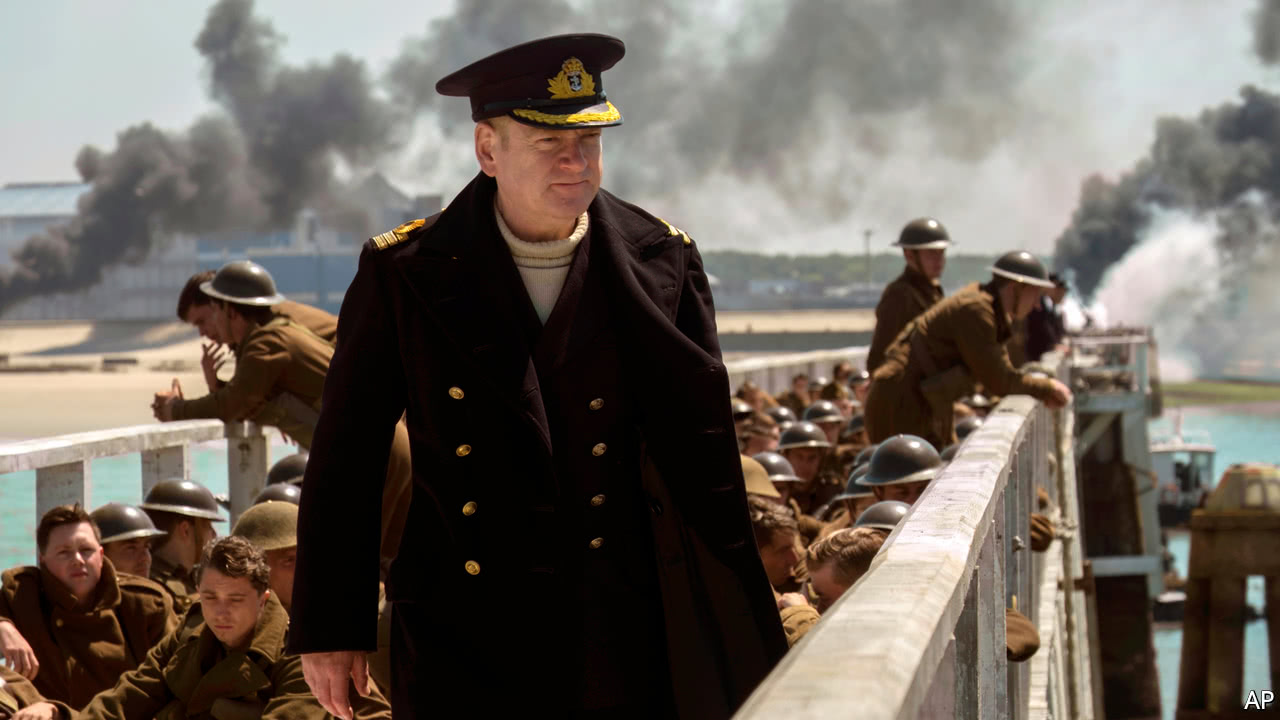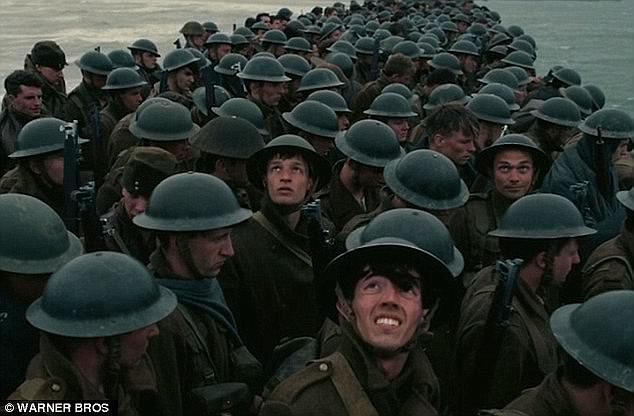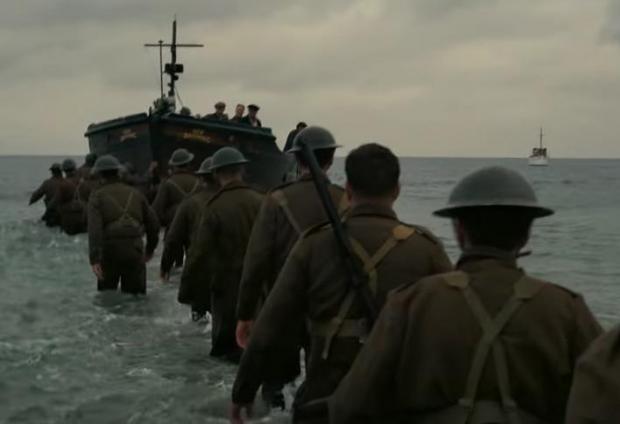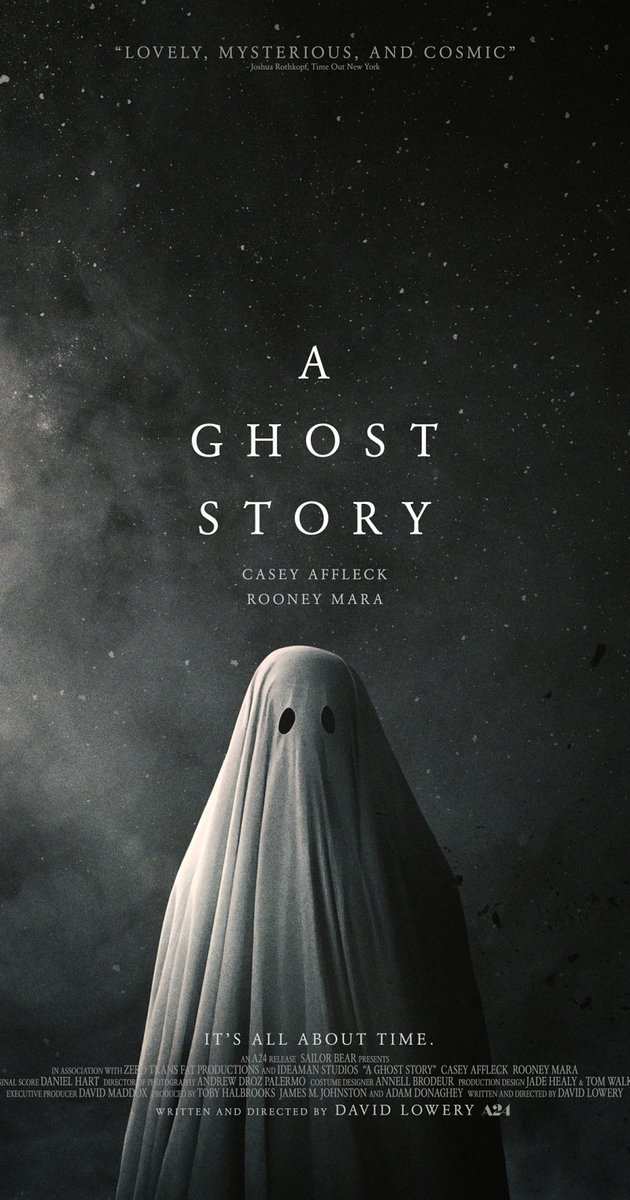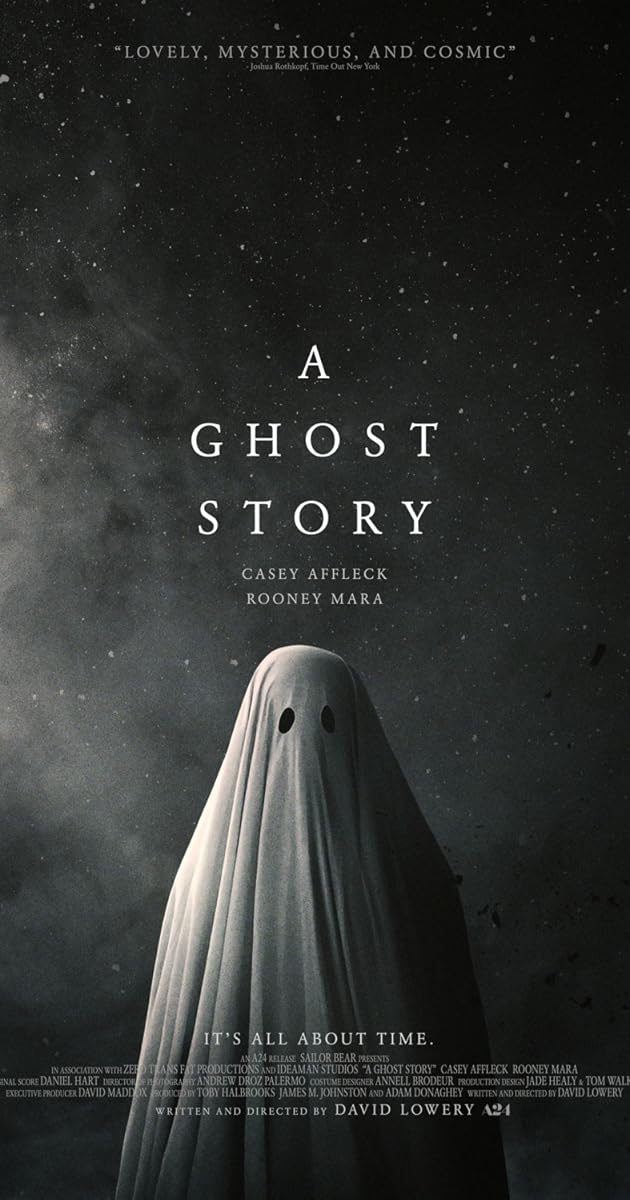Some years ago, while presenting Francis Ford Coppola’s Rumble Fish (1983) at the Austin Film Society, Filmmaker Richard Linklater made an interesting point. If you look at the 1970s, you will realise that NO BODY has had a decade like Francis Ford Coppola.
Let’s go through his masterpieces as they were released:
The Godfather (1972)
The Conversation (1974)
The Godfather Part II (1974)
Apocalypse Now (1979)

Each of these movies will feature in most of the ‘Greatest movies of all time’ lists. Each of them are exceptional masterpieces that no other filmmaker could make. Personally, The Godfather and Apocalypse Now feature on my own Top 5 favourite films of all time. Recently, I happened to re-watch Apocalypse Now on the theatrical screen and thought it would be a great time to write about the film. I have previously watched both versions of the film. This recent screening however, was of the original version, not the near 3.5 hour long redux version (which I admire just as much).
Chaos before the mayhem
The visually stunning and brilliantly edited opening sequence immediately demands your attention and sucks you into Coppola’s mayhem filled World. ‘The End’ by ‘The Doors’ kicks in. We see absolute havoc in front of our eyes. Havoc presented in the most aesthetically superior and artistically incomparable way.

Martin Sheen’s voice breaks in. His monologue is so crisp and well worded it goes up and down your spine. You barely spend a few minutes with Sheen in his claustrophobic room and you are already drawn into his mind. You don’t know him but you know what’s troubling him. His brief about himself and his situation is put forth in a manner that isn’t purposefully concise but rather purposefully decisive enough to not give any attention to “small talk”. He is speaking TO you and he wants some gaps to be left for your mind to fill in. Coppola and Sheen almost create an impression of Willard being an animal in the desperate need of going back to it’s environment. An environment where a sudden death is almost a promise. It is that promises that lingers on your horizon before each one of your moves. It is that promises that can “terminate your command” at any given point. It is that promise that Willard misses. He wants to go back. He needs to go back.

The scene with Harrison Ford’s character Colonel Lucas, the General and Jerry is just as powerful and assertive as ambiguous and notoriously misleading. The gaps, they continue to remain. Willard is being sent on a death mission. A mission has to carry with “extreme prejudice” but he is provided with inflated and almost inconsistent reasoning. So much so that the General waits for Willard to “agree” to his statements calling Kurtz “insane”. Willard wants the mission for his own reasons but it seems to us that this ambiguity excites him. It drives him.
Bill Kilgore and the game of war
The entire Duvall sequence to me seems like an expression of the casual and game-like nature to the work of some of those in command. Whether or not this is a comment on America, depends on your interpretation of it. Kilgore, as much as I hate to use this statement, enjoys every bit of his killing spree. He talks about surfing with great enthusiasm but that reference subtly hints at how he tries to use his passion for sport, in warfare. Each time I watched Apocalypse Now, the Duvall sequence always stood out for me. Sometimes, it almost feels like a different movie. Many of the segments in the film feel like separate films. Kilgore is fucking insane and Coppola wanted to present this insanity and use that to represent the American thought behind the battle, you could say.

Duvall kicks on the music player just before going even more insane inside the helicopter. His crew are psyched by this madness. You wonder how Tarantino takes “the emotion and attitude” from movies he loves, you will find it easily if you know where to look. Wondering what I am talking about? Let’s consider Michael Madsen’s ‘Mr. Blonde’ in Reservoir Dogs. He plays ‘stuck in the middle with you‘ and cuts off a man’s ear. Kilgore plays operatic music and goes on killing people like a madman. Genre cinema at it’s very greatest and historic best. It really brings up the question…”If you want to create a strong genre piece and put out a message just as strong, how do you go about it?” Well, ask Francis Coppola. That’s what he was doing here. Using every frame.

Kilgore sequence lasts quite a while. During this time, Willard doesn’t speak too much. Even by his own standards. The entire sequence can be questioned in terms of it’s involvement in Willard’s actual mission. Which is exactly the point. Coppola made a movie of abstractions. A war film with abstractions. Who would take such a risk? Take a look at most of the war movies and you will notice that the biggest “action moments” that usually involve large scale destruction are integral to the film’s “plot”. This isn’t the case with Apocalypse Now. To begin with, the film doesn’t even have a plot. It’s a story. It flows from point to point. It’s a journey. It’s a real movie. As real as a film can get. As genuine as a journey movie can be. “He set out from here…at this place he met HIM and then THIS is what happened. Coppola doesn’t chop it up to make it concise. He doesn’t care about that. Every part of what Willard “sees” during his mission, shapes him further. Why would you “just keep things that are in direct correlation something called a plot?”
That would be formulaic and completely antithetical to Coppola’s efforts with the movie.
You know he is near
Sometimes I ask myself about the absurdities in the movie. I don’t know why but I relate to those “holes in reasoning”. I feel like these holes exist in political philosophies, the more you try to read into any of them. No political thought can exist without contradictions. The entire thought behind Apocalypse Now is a contradiction. Willard is on his way to kill somebody who has “gone insane” and whose methods are “unsound”. Someone who is also an American. What would the General say about Kilgore, then? The man killed for fun. While gunning down a woman with a grenade he mouthed, “savages” when all the while he was murdering large numbers of people, livestock, destroying everything around him as though it were a game. Hypocrisy right there. So, what is insanity according to these men in uniforms? Who does it apply to? What methods are “unsound”? If killing two double agents is “unsound” and applying Kilgore’s methods of mass murder is the viable thing to do, it begs the question, what are we really talking about?

Questions. Questions. More questions.
That’s what the movie does. It does not make ONE STATEMENT that was a common factor in many war movies. Side A vs Side B. This is what A is fighting for and this is what B is fighting for. Let the battle begin.
Is war really that simple? Or is this type of filmmaking a way of “using war” to create large scale, breathtaking visuals? Francis Coppola asks the real questions with this movie. He “sends things up”. It’s like a journey through various abstractions and absurdities. Willard gets drawn into Kurtz’s World with every word he reads about him. To us, it is made to feel as though Kurtz was always around. Since the film began. We can feel him around us.
Personally, I find Martin Sheen’s monologue in Apocalypse Now on par with Robert De Niro’s in Taxi Driver. Both these historic monologues represent two different bands on a spectrum of abstract emotions. While watching Coppola’s movie again recently, the monologue hit me much harder than before. Each word is so crisp. At some points you feel as though Sheen is whispering to you. It feels like a war movie that is so goddamn personal that it may actually be more about belief systems than anything else.
Stepping into hell
As Willard and what remains of his crew, enter Kurtz’s “kingdom”, the visuals are gorgeously horrific. The background score tenses up. You tighten yourself in the seat. You are glued. His “army” moves apart, allowing Willard’s boat to tear through them. It is like a visual from hell. You have heard about this World. The World belonging to Colonel Kurtz. You may have imagined it in your own way and this is the moment that defies all of that. Maybe that’s because the journey is such that you are sailing “in the same boat” as Willard and his crew. You don’t know WHAT you will come across. Will Willard even reach there? Will he reach there alive? What will he see when he gets there? What will stop Kurtz’s army from simply killing him?
One of my favourite visuals from the film is that of a very much drugged Lance dancing in a freakish way as the boat gradually tears through the mist and enters the World of Kurtz.

Sometimes I cannot believe what a big risk a project like this is. For a filmmaker to take on so much responsibility, to make a film that’s a bloody monster, to shoot for over a year or more, take on everybody even though you have made incredible landmark movies not too long ago and to finally end it the way Coppola decided to, it’s almost too much to be true. The build up to the encounter with Kurtz feels like a journey through someone’s life. You breathe it in as you go along in that boat. But then, the entire finale is filled with absurd political thoughts and ideas “sent up” which makes you think, maybe there was no other way of going about this. A typical situation would have a battle scene of some sort with very clearly defined “good guys” and “bad guys” so the audience knows exactly what to feel. But Apocalypse Now doesn’t care about any of that. You go through the entire journey to come into “the moment”, for what? An exchange of ideas and thoughts. A real conversation between two “soldiers”. What are their beliefs and what affects them? The unanswered questions are important to the “story” because, as I’ve said before, there is no “plot”.
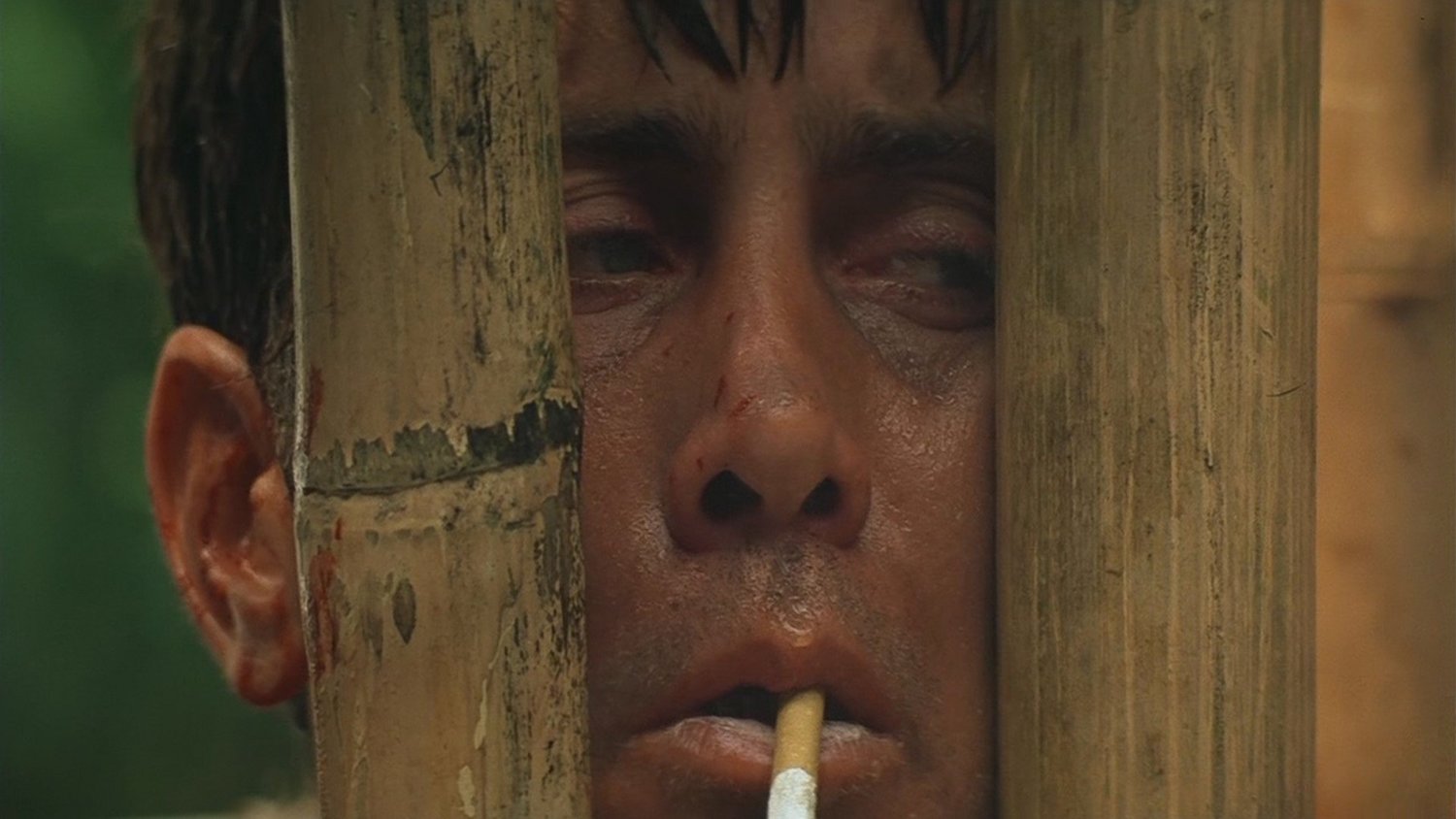

The movie, in some sense, is about the philosophy behind a war. There is something about this entire sequence that makes it feel like it’s a notch above reality. It is like a poetic look at the minds of those involved in battle. Marlon Brando’s presence is larger than life. He speaks, he asks, he reads, we listen attentively. There is something so sacred about the ending of Apocalypse Now that I can never “just watch the ending”. I feel like it is important to live the whole journey, again, before coming up to this point. Each time, I walk away with something different but each time, I am elevated to a different zone that only this movie can take me to.
Also, throughout the film there is a sense of chaos. Helicopters flying around, people being shot, bombs exploding, trees blazing up, civilians running all around. There is mayhem. But Coppola suddenly brings in a sense of rhythm and calm as soon as we enter Kurtz’s World. How could it be possible that the very person Willard is supposed to kill on account of his “insanity”, holds a kingdom of people in a peculiar state of calm? What is being said through this?
Francis Ford Coppola and the curse of a legendary decade

To make a movie on this scale, in the 1970s and still keep so many aspects ambiguous, remains one of the most brave decisions in the history of cinema. In a way, Francis Coppola’s 70s became so large, his movies after that were never treated with the respect they deserved. The decade I wrote about at the beginning of this piece, was so humungous in terms of it’s artistic and cinematic value that Coppola had to live his life trying to play catch. I personally like most of what I have watched from Coppola’s films after the 70s. Rumble Fish is such a beautiful film. The Rainmaker as well. Coppola made many great movies after the 70s but he will be remembered only for the ones he made IN the 70s and Apocalypse Now ended that legendary decade for him.
People expected the movie to be a colossal failure. The media wrote about it being a disaster even before the movie was even out. News from the shooting in Vietnam crept into the American newspapers and Coppola was painted as this dark figure who would risk finance and personnel for his own greed. He proved them all wrong. Apocalypse Now was a huge theatrical hit. It is said that Francis Coppola expected Apocalypse Now to be a flop. He hence decided to make One From the Heart. Ironically, Apocalypse Now was remarkably successful and One from the Heart turned out to be a flop and if what I hear is correct, it even bankrupted him. It is indeed a very sad tale. Few filmmakers can be considered to be on par with Francis Ford Coppola. Few filmmakers out there can claim that his movies haven’t influenced them in any way.
Filmmakers rarely embrace the mysteries that surround their subjects of movie making. Francis Coppola tackled it head on with Apocalypse Now. You wouldn’t blame him for holding back on trying to make a film on this scale, philosophical. But he did it nonetheless. He did it because he wanted to raise questions with the film. He wanted to send something up. He wanted political ideas to be exchanged and he wanted his characters to make cumulative choices. Not choose between black or white.
Apocalypse Now remains one of the Greatest movies ever made.
























